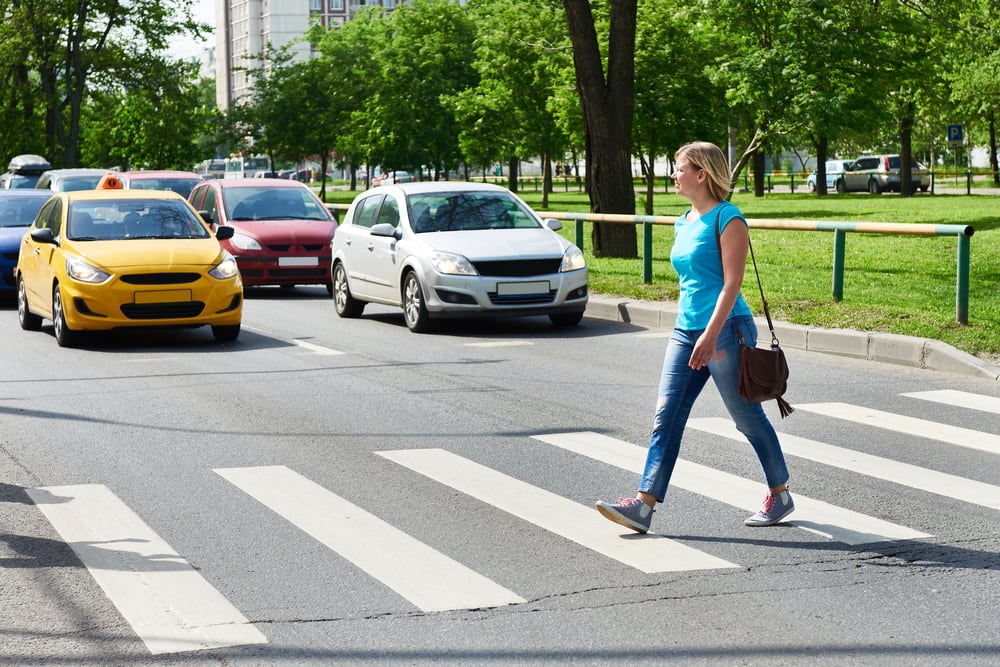

Right-of-way laws serve to ensure that traffic moves smoothly and safely. You have an obligation to obey the laws, but you do not, by definition, have the right of way. Right of way is never owned – it is yielded. Of course you have to yield the right of way to someone who is in the right position in traffic under the law. However, if an accident could occur by virtue of you not yielding the right of way, even to someone who is not obeying the rules, you should still yield to avoid a collision. It is just common sense.
Summary of Louisiana's right-of-way laws
In Louisiana, you are required by law to drive responsibly and yield the right of way when warranted. The laws can be summarized as follows:
Intersections
At an intersection where there is a yield sign, you must slow down, check for oncoming traffic, and yield the right of way. You may proceed only when you can do it without disrupting oncoming traffic.
If you are turning left, you must yield the right of way to traffic going straight through.
If you are entering a paved road from an unpaved road, you must yield right of way to traffic on the paved road.
If traffic lights are malfunctioning, you must approach with caution, and yield the right of way to the vehicle that approached the intersection first, and then to vehicles on the right.
Emergency vehicles
Emergency vehicles always have the right of way if they are flashing lights and sounding a siren. Pull over, and watch for traffic coming in other directions.
If you are already in an intersection, pull over if you can and wait for the emergency vehicle to pass.
Pedestrians
You must yield to blind people using a white cane or accompanied by a guide dog, regardless of where they are in the intersection or what the traffic signals indicate.
You must yield to pedestrians all the time, even if they are crossing illegally.
Common misconceptions of right-of-way laws in Louisiana
One of the most common misconceptions about the right-of-way laws in Louisiana relates to pedestrians. Often, motorists think that if a pedestrian is crossing against the light, or jaywalking, they merit no consideration. This is totally wrong –the driver of a motor vehicle is considerably less vulnerable, so he or she is obligated to avoid striking a pedestrian, even if that pedestrian is in the wrong.
There is another misconception that goes along with this, though – that pedestrians get a “free pass.” In fact, a pedestrian can be fined for failure to yield in the same way that a motorist can. If common sense prevails, both motorists and pedestrians should be able to avoid the penalties for failure to yield in Louisiana, which can be quite onerous.
Penalties for failure to yield
There is no points system in Louisiana, so you will not have to worry about having demerits assigned to your license if you commit moving violations. However, violations are recorded, and are publicly available. You can also be assessed a fine of $282.
For more information, read the Louisiana Class D & E Driver's Guide, pages 33, 37, 75, and 93-94.



